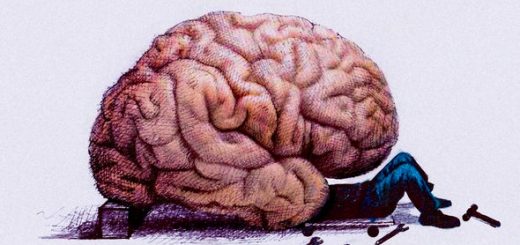Driving Like It’s Rosh Hashanah

Some Jews attend shul only on the Yamim Nora’aim or for a yahrtzeit. They “compartmentalize” their Judaism. It’s called on only for special occasions. And yet, as always, there’s more to be gained by not looking at others but rather inward. Our Orthodox world, after all, “knows from” compartmentalization too.
A similar compartmentalization is evident in a more observant Jew who, while he would never dream of eating food lacking a good hechsher, might nevertheless act in his business dealings, or his home life, or behind the wheel in less Torah-observant ways.
It seems part of the human condition to, while knowing Hashem and His Torah are real, relegate their presence to one’s “religious” life, not one’s mundane day-to-day living.
Some of us don’t always pause and think of what it is we’re saying when we make a brachah (or pronounce every word clearly and distinctly). We allow our observances and davening to sometimes fade into rote. I’m writing here to myself, but some readers may be able to relate.
Rosh Hashanah, the first of the Days of Repentance, is suffused with the concept of Malchus, “Kingship.” The shofar, we are taught, is a coronation call, and the concept of malchiyus is prominent in the days’ Mussaf tefillah. What, though, has kingship to do with repentance?
By definition, a king has a kingdom, over which he exerts his rules. There is little escaping even a mortal monarch’s reach, and none of his subjects dares take any action without royal approval. All the more so, infinite times over, in the case of not a king but the King.
Kingship and compartmentalization are diametric, incompatible ideas. If Hashem is to be our Ruler, then there are no places and no times when He can be absent from our minds.
Rosh Hashanah is our yearly opportunity to try to bring our lives more in line with that ideal. To better comprehend, in other words, that Hashem is as manifest when we are sitting behind a desk, driving, cooking or sending kids off to school as He is when we are reciting Shemoneh Esrei, as present on a nondescript December morning as He is during the Yamim Nora’im.
© 2021 Rabbi Avi Shafran



Recent Comments